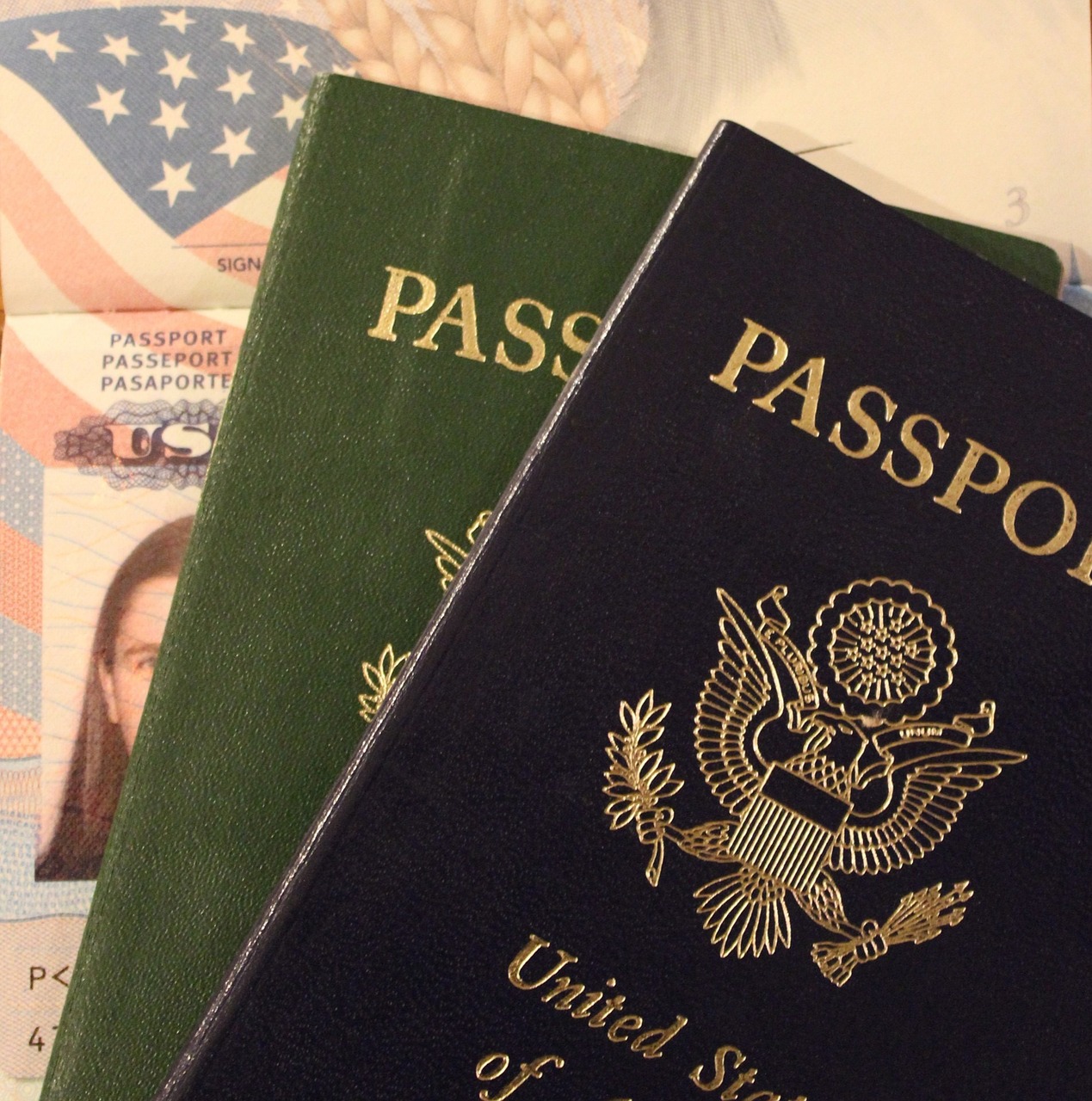How do I get my spouse a green card?
Hi, I'm Jim Hacking, immigration lawyer practicing law throughout the United States over at our office here in St. Louis, Missouri.
This is the second in our seven part series on how things work at USCIS. We want to give you the most up-to-date information about what we're seeing at the immigration service so that you can file strong applications and hopefully get your case approved.
Now, when a US citizen is married to a foreign national, the foreign national is eligible to adjust their status. Now, of course, they have to be in-status, or they have to have been inspected, I should say, is really what's more important.
They have to have been inspected. If they weren't inspected, then the process of getting a green card for their loved one is going to be a little bit more complicated. And basically, that's for people who did not meet with a US official when they entered the United States.
They might've snuck in or have been here for a really long time having snuck in as a child. There are special rules for those kinds of cases. We have other videos about that.
This video that we're talking about here is a straightforward case where the foreign national has entered the United States legally, they have been inspected, they have proof of their entry, and they are eligible to adjust based on their marriage to a US citizen.
So, of course, the first thing is you have to be married. You can't do anything until you're actually married.
Now, we do sometimes meet with couples before they are married and talk to them about when to get married ... Or, what happens after they get married, I should say, and what the process is. So, I thought that I'd make this video to explain it all to you.
So, let's say the happy couple has gotten married. Let's say his name is John and her name is Maria. John is from Chicago, Illinois, Maria is from Monterey, Mexico, and they met at DePaul University in Chicago, and they've fallen in love. And John wants to sponsor Maria for a green card.
So Maria is on an F1 student visa, and she's about ready to graduate, and she has applied for OPT, which is Optional Practical Training, so she's going to remain in-status and she's going to work at an engineering firm up in Chicago.
And John and Maria are very excited, they've just gotten married and they want to start the process.
So the way things work at our office is we have one intake form because there are a series of forms that you have to file when you want to get adjustment of status. And those forms are the I-130.
So John will file an I-130 application, this is a petition for an alien relative, and say that he wants to sponsor Maria, his new wife, for a green card. Maria will complete a form called I-130A. The I-130A is a form that sort of seeks background and biographical information about the foreign national, Maria.
They're also going to file a I-485. This form is also signed by Maria. An I-485 is the form that says that she wants to adjust her status.
She wants to change from an F1 student visa to a lawful permanent resident, which is going to put her one stage below citizenship, so it's a pretty big deal, and marriage cases are important, and that's why they're scrutinized so heavily because people can go from having a visa to having a green card, which was sort of a big deal.
These cases take a while, especially right now, they're taking longer ever. And so, the couple's also going to file an I-131, which is an application for advanced parole to allow Maria to leave the United States while her green card case is pending.
If she doesn't file for that and she leaves, then the green card case could be deemed abandoned and she might not be let back into the United States. So, you always want to make sure that you file for advanced parole.
And then, you're also going to always file for an I-765, which is work authorization. So, even though she has Optional Practical Training and will get a work authorization through that, we're also going to file for a work card through the marriage.
You never know, the OPT might fall apart. You always want to take advantage of any immigration benefit that's available to you. So, those are the substantive documents that we submit. We're also going to have to submit a medical examination.
Now, in our office, we usually wait until the interview notice has come to do the medical exam.
The last two forms are the I-864, so John's going to have to demonstrate that he makes enough money to support Maria, and that form is rather complicated, but it basically demonstrates and inquires into whether or not John makes enough money to support her.
So you're going to have to submit supporting documents like W-2's, tax returns, tax transcripts, all those things.
And then, the final form is a new form called an I-944.
Now, this I-944 is a real pain in the butt. It's the petition of self-sufficiency, it's a application or a form that came up during the Trump Administration to try to make life harder for immigrants.
Basically, the immigrant has to prove that they're not going to be a public charge, that they speak English well, that they have health insurance, that they have income, that they have earning capacity, that they have an education. These are the kinds of things that go into this really complicated pain in the butt form called the I-944.
So those are all the forms that are going to be submitted. Once they are submitted ... And we're sending one out this week, it's about that thick because of all the supporting documents.
You're going to submit a ton of supporting documents, both to demonstrate the identity of John, the identity of Maria, and the legitimacy of the relationship, but now you have to submit all that financial stuff too.
So, all that gets sent off to USCIS. It's filed at the lockbox, and then, a few weeks later, John and Maria get a bunch of receipt notices back for all those applications that they filed.
Shortly thereafter, Maria is going to be asked to come down to the USCIS office in Chicago and get fingerprinted. And then, eventually, they will do a background check on her, and she will get a work and travel card in the mail.
The advanced parole and the work authorization come in a single card. It's a red card. It looks like a green card, but it's red, and that will allow her to work in the United States if she hasn't received work authorization through OPT, and it'll also allow her to leave if she needs to go.
Now, generally we ask people not to leave until they get the green card, but the advanced parole is there in case you need it.
Eventually, they're going to get called in for an interview. And at our office, what we'll do is we'll practice with the couple. We will do the interview.
We will go through all the questions, pretend that we're the immigration officer, and we'll help the clients figure out how to best answer questions, how to frame their responses, obviously truthful and honestly, but we also talk about just answering the question, not telling your whole life story, those kinds of things.
We have a lot of good tips when we go through that process, and people find that helpful. And then we actually go to the interview with them.
So eventually, there'll be an interview, they'll get sworn in. The couple might get separated. We see that from time-to-time, but usually they don't separate the couple.
The couple has their interview. And then after that, the officer will generally make a decision relatively quickly. If there are any arrests or problems with the application that might cause things to be slowed down, if the couple has a strange living together history or those kinds of things ... And anything's fair game at the interview.
So you really have to be ready.
Once that's completed, usually the application is approved, and if the couple has been married less than two years, then the foreign national will receive a conditional green card. And we'll talk about that in our next video.
So if you have questions about this, give us a call, (314) 961-8200. You can email us at [email protected].
Be sure to join us in our Facebook group, it's called Immigrant Home. We'd love to have you in there. And make sure that you subscribe to our YouTube channel so that you get updates whenever we make videos just like this one.
And if you liked this video, we ask that you please share it out on social so that you get updates whenever we make videos just like this one, thanks a lot. Have a great day.








